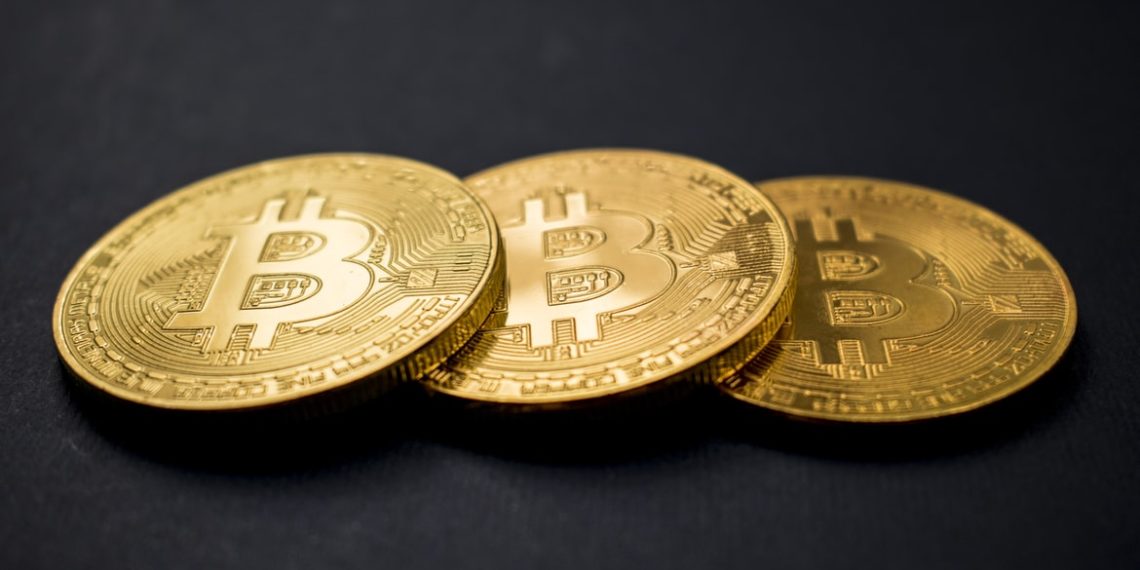Bitcoin and similar cryptocurrencies are taking the world by storm or completely irrelevant, depending on who you ask. Each has emerged abruptly recently and will get more attention beginning in 2021. It’s almost impossible to spend a day these days without coming into contact with Bitcoin Digital or any other cryptocurrency. Nonetheless, many people continue to worry about them. Check the link to learn information about bitcoin 360 ai : bitcoin-360-ai.com

How Does Bitcoin Mining Work?
- These blocks are created in a mining competition and linked using cryptography. Remotely operating pieces of hardware known as “miners” check and validate transactions.
- The last step is for one of the miners to create a block containing all confirmed transactions. The miner is selected through competition to tackle an unspecified computational problem. Whoever completes a job first gets to construct the next block in the chain.
- As a “subsidy,” the miner is rewarded with freshly minted coins, which are capped at halves every four years.
- A consensus mechanism is required to ensure that nodes in a decentralized network can communicate with one another and maintain an accurate copy of the blockchain. Until 2022, Ethereum mining used the same Proof-of-Work (PoW) protocol as Bitcoin, but now it uses the Proof-of-Stake (PoS) system.
- Using proof-of-work, miners must show that they have expended energy (in the form of power) to earn rewards.
The Mining Process: How Does Bitcoin Work?
Bitcoin mining’s true purpose is to verify trades. As a miner, it is your job to locate blocks containing unconfirmed transactions, verify their legitimacy, and add them to the blockchain. To verify your contribution, you’ll need to solve certain mathematical puzzles, which will discuss in further depth in the following parts. It’s a system that gives you bitcoins in return for your effort.

Why Does Bitcoin Mining Have To Exist?
Since bitcoin is still in its infancy and lacks formal legitimacy, there is no definitive answer to this issue. Because of its decentralized nature, it can only be via the mining process. There must control the release of fresh bitcoins into circulation.
- How does the amount of time required to mine a single Bitcoin differ depending on the circumstances?Mine Machinery
In the beginning, plan out the tools you’ll need. Bitcoin mining requires technology capable of solving cryptographic challenges. Bitcoin mining using centralized processors (CPUs) is a thing of the past. More recent technologies have mostly rendered them obsolete. Bitcoin mining uses a lot of power, so your hardware must be efficient and robust enough to withstand constant, high-output operation.
- Alternatives To Collaborative Mining
The second factor to consider is whether you want to mine alone or as part of a team. When selecting a mining pool, it is vital to take into consideration the general reputation of the pool as well as the hash rates it offers. The term “hash rate” refers to the amount of power that is currently being consumed by Bitcoin mining.
- Difficulty
The third consideration is the level of “bitcoin mining difficulty,” which is also known as “difficulty.” It measures how much effort must be made daily to get by. For this aspect, you should aim for a steady output rate of one block every 10 minutes. As additional miners join the network, transaction validation times will decrease automatically. Thus, the network stresses the difficulty of lowering block output.
Conclusion
Before joining a mining pool, it’s a good idea to do some digging to discover whether it has earned the respect of the Bitcoin community. Even though established collections have higher than usual membership rates, opting for them is still a good idea. These pools may provide more favorable block rewards and more robust hashing capabilities. Businesses have the appropriate precautions in place, so as an added bonus, they are better prepared to defend themselves against cyberattacks.
If you have a lot of spare computing power and aren’t concerned about the cost or availability of energy, you could mine bitcoins by yourself. It’s important to remember that it would take a lot more time to mine bitcoins on your own than for a group of people to do the same thing. The only negative of pooled mining has to split profits with other pool participants.















